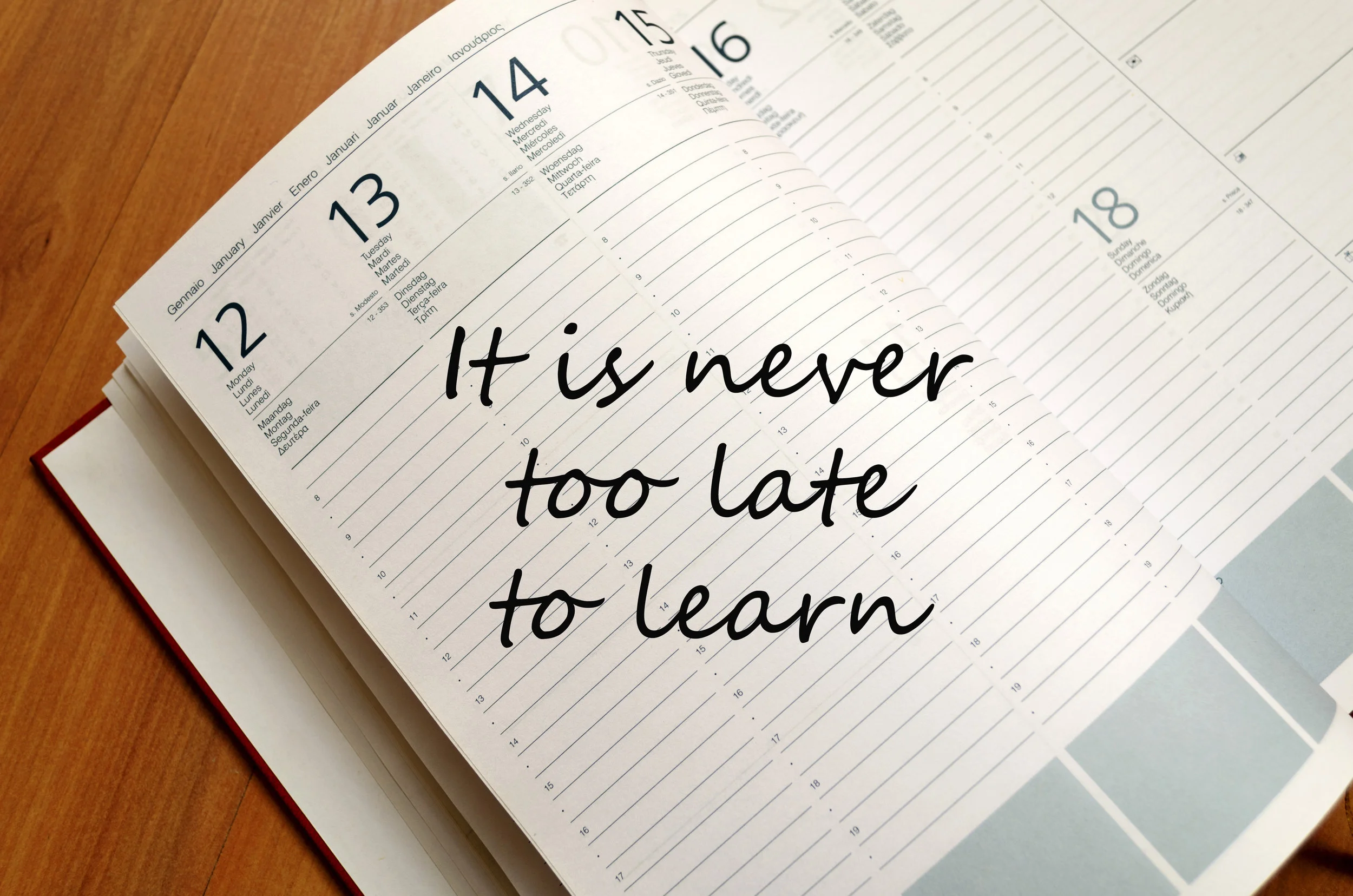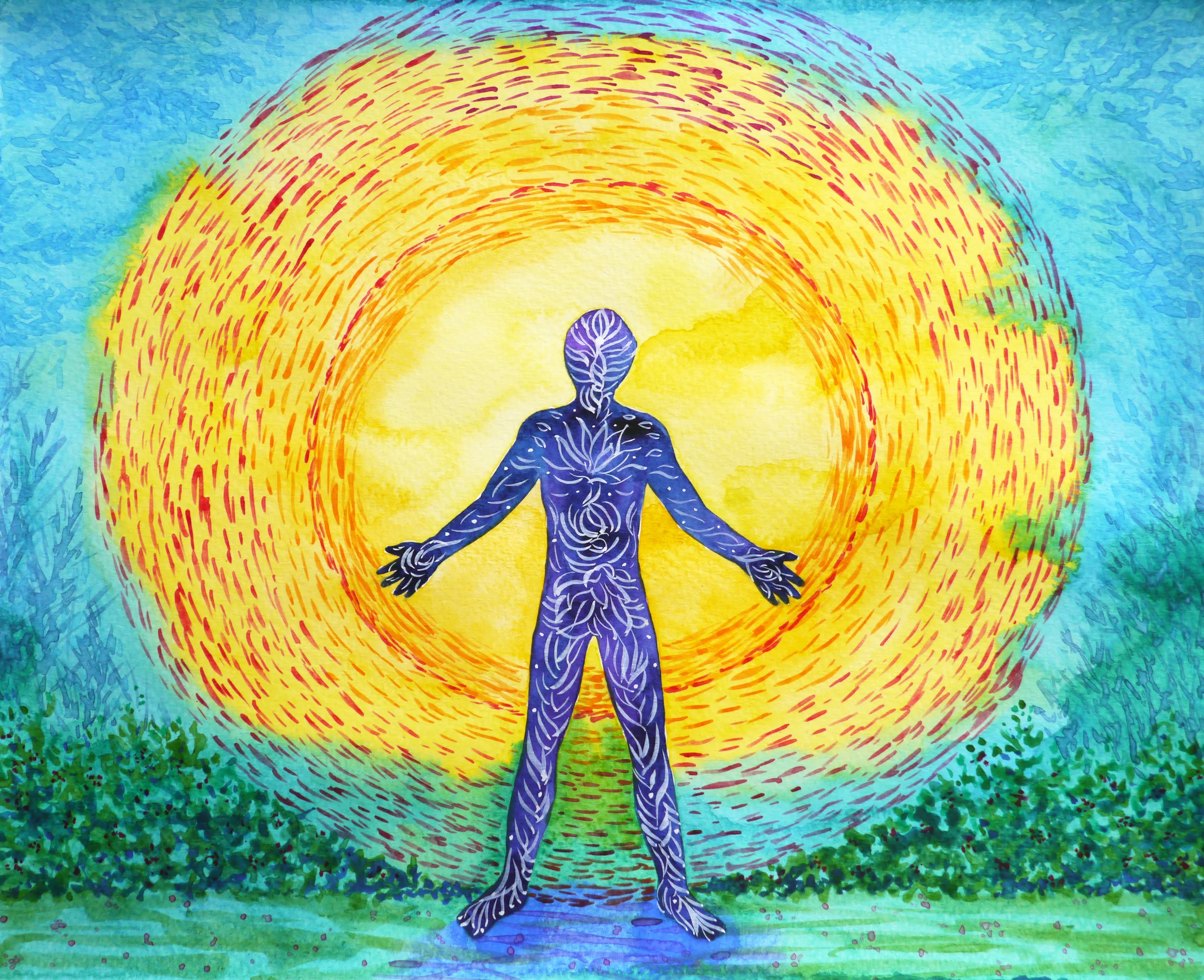Many writers have had small or large experiences of "writer's block," which leaves them unable to write (perhaps for a few days or, more terrifyingly, for weeks or months).
I began to read essays about so-called "writer's block" that talked about it, not as some dread ailment that can simply paralyze you out of the blue, but rather as a sign that something in your writing may need to change!
After several conversations with other storytellers, I began to wonder: is "writer's block" actually a generic name for being stuck while facing a storytelling obstacle?
If so, then we know some key things about writer's block and how to overcome it…















